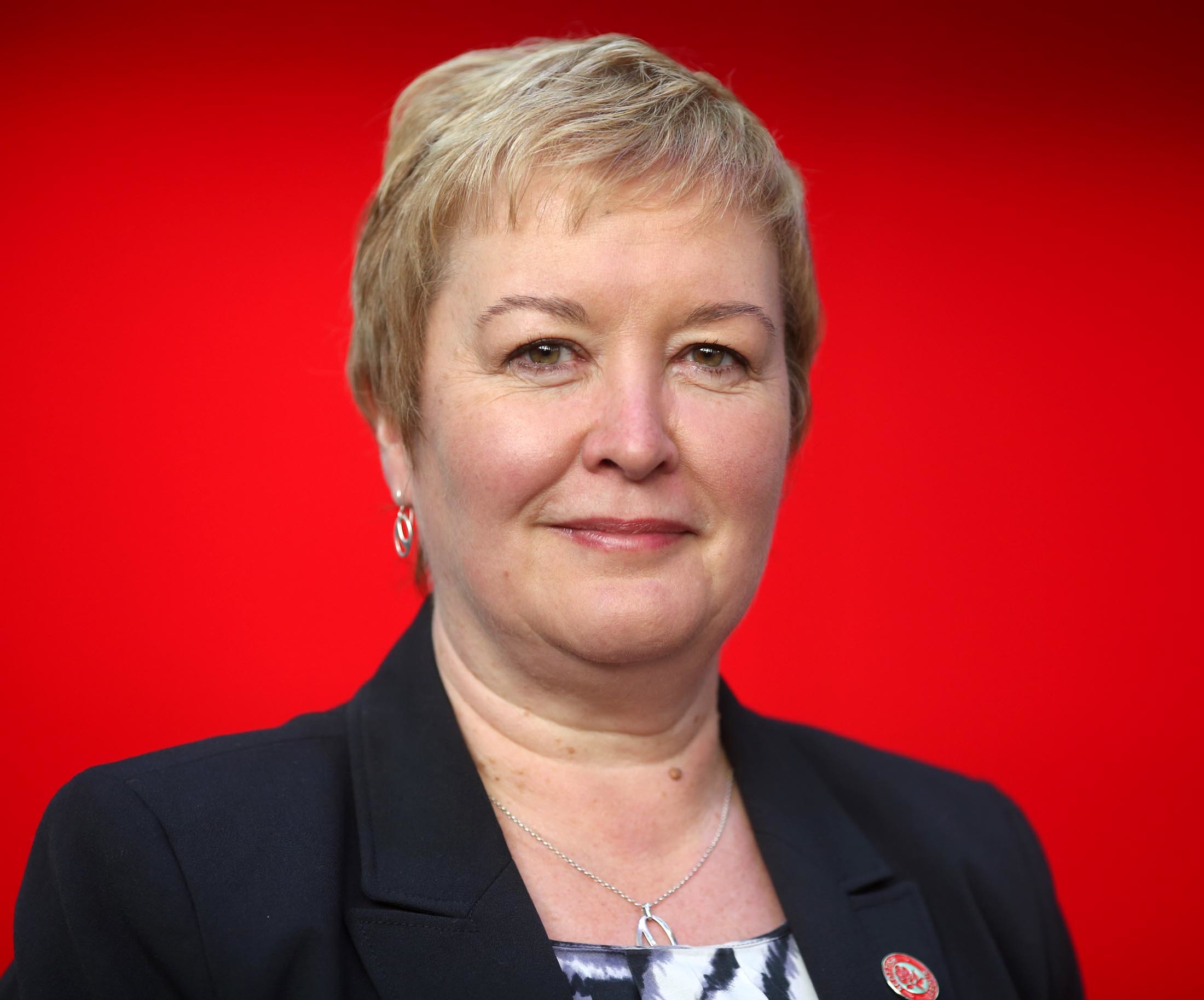
FOR too long women have been shut out of power and places – and of course politics.
Yes, we might have a female First Minister and a female Prime Minister, and it’s understandable that as a result, some could believe that is the job done; that the struggle for equality is over.
But it’s only been 100 years since some women won the right to vote, and we know from the statistics that there are too few women in political life.
Only 34.9%, or 45, of our 129 MSPs are women in the Scottish Parliament. In Westminster it’s worse with just 32% of 650 MPs being women.
But then there are also still too few women in our boardrooms compared to men; still too many women being paid less than men for doing the same job; still too many women in low paid, insecure jobs because their work is valued less; and still far too many women living with domestic abuse or being sexually harassed in their workplaces.
There is much work to do.
While it is undoubtedly welcome that out-dated men-only bastions begin to change to allow women members, these issues are the tip of the inequality iceberg.
Of far greater import is changing the deeply held attitudes by some in our society, that women’s work is somehow of lesser value.
It is all too readily accepted that women don’t just need to be good at their job – they need to be better than an average man if they are to get on. That is before they face more structural barriers like caring responsibilities which can impact on career progression.
We’ve seen just this week the gender pay gap that exists in such places as ITV – where men are paid on average 18.2% more than women, and 17 of its top 20 earners are male; and at HSBC where the mean gender pay gap is 59% – soaring to 86% when it comes to bonuses.
Disappointingly the bank’s response was just to point out the lack of women at the top of the company – 24%, despite more than half of its UK workforce (54%) being women.
At least ITV, it was recognised that its lack of women in senior roles was a problem.
And it isn’t just in media or banking where women’s work is under-valued. Look at the pay for vital jobs like social care or early years learning. These are jobs mostly filled by women, and yet are some of the worst paid, as if caring careers are somehow worth less than banking.
Inequality is pervasive. That is why we all – women and men – need to be feminists.
We need to give women the confidence and self-esteem to push themselves forward and we need to remove the structural barriers that exist – especially around caring responsibilities – which hold women back.
It is only by truly valuing women and their work can we really begin to create an equal society.

Enjoy the convenience of having The Sunday Post delivered as a digital ePaper straight to your smartphone, tablet or computer.
Subscribe for only £5.49 a month and enjoy all the benefits of the printed paper as a digital replica.
Subscribe